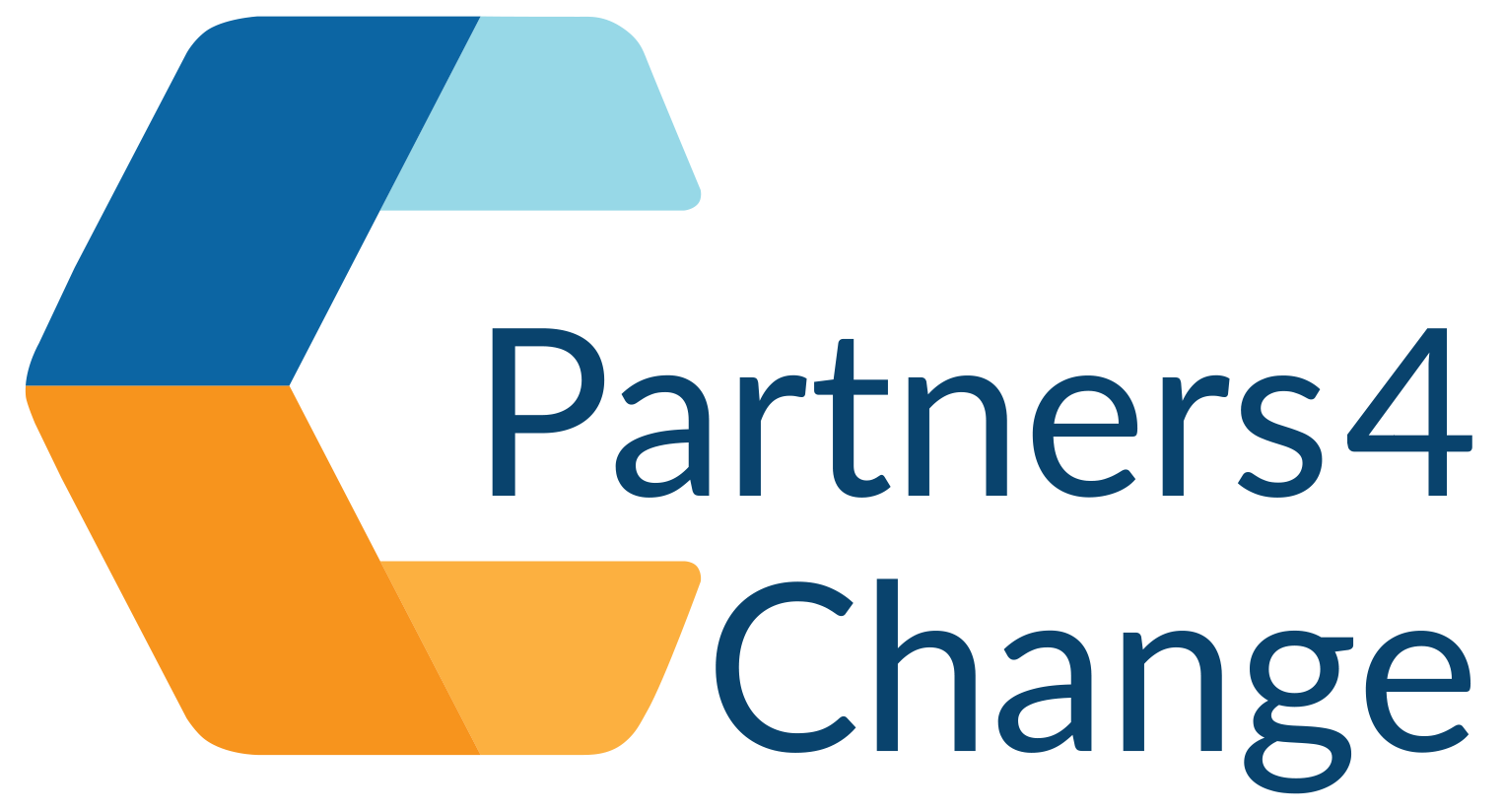The key to the door of a new way of working
The Three Conversations® is the key to the door of a new way of working in social and health care organisations. It’s about having open and interested conversations with people and families who need support. It’s also about the conversations that people working in the sector have with colleagues and partners – working out how to collaborate to make things happen so that we can be useful for people and help them get on better with their lives.
Our approach is not a model, but is governed by a set of simple, but precise, rules.
Our rules
We recognise that people and families are the experts in their own lives, so as social and health care workers we need to listen hard to them and use the resources and skills we have to build on their wishes and strengths, and to connect them to the right people, communities and organisations to make their lives work better.
We believe our current social and health care system functions like a sorting office, where we attach labels to people and send them off down predetermined routes to ‘one-size fits all’ services. We need to stop making assumptions and passing people around like parcels for someone else to deal with somewhere else in the system and start working with them until we’re sure they’re safe and that their plan for a good life is working.
We know our response in a crisis is critical. Many of the people and families we meet need urgent help to get their lives back on track – so rather than assessing them for services, we must stick with them, and not even think about eligibility or longer-term support until the immediate crisis is over.
We know that language is really important too, so we don’t use words that de-humanise (no more ‘service users’ or ‘cases’), and we stop talking about pathways and journeys, allocation and referrals, screening and triage, because that’s the language of a system we’re no longer prepared to tolerate.
Three distinct conversations
At the heart of our approach are the three distinct conversations we use to understand what really matters to people and families, what needs to happen next for them, and how we can be most useful.
Conversation 1: Listen and connect
is about listening hard to people and their families to understand what’s important and working with them to make connections and build relationships in order to help them get on with their life independently. Conversation 1 is not about whether the person is ‘eligible’, but it does meet the ‘prevent, reduce, delay’ requirements of the Care Act.
Conversation 2: Work intensively with people in crisis
When we meet people who need something to happen urgently to help them regain stability and control in their life, we use Conversation 2 to understand what’s causing the crisis, put together an ‘emergency plan’ and stick with the person to make sure that the changes happen quickly, and that the plan works for them.
Conversation 3: Build a good life
We always exhaust Conversations 1 and/or 2 before moving on to Conversation 3 – and often we find that we don’t get this far. But for some people, longer-term support in building a good life will be necessary, so Conversation 3 is about understanding what this good life looks like to them and their family, and helping them to get the support organised so they can live the best life possible.

